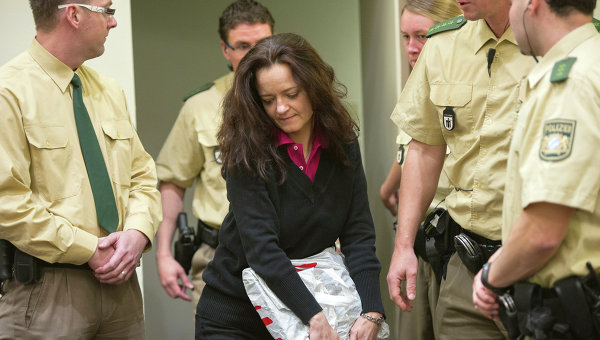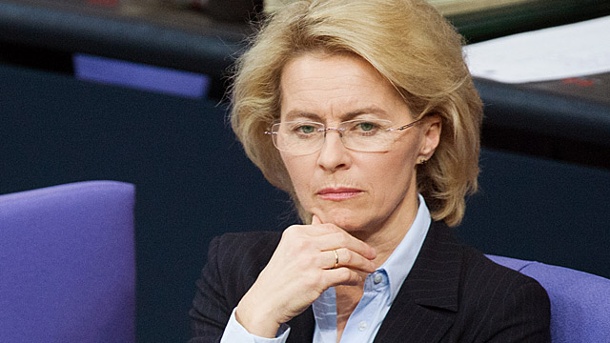"Where the next kid, instead of the word 'Hello', will say 'Heil Hitler!', that's where we will start again! (Seventeen Moments of Spring, Muller's dialogue with Stierlitz).
Yesterday the whole world celebrated the anniversary of the victory over fascism. At the cost of enormous sacrifices, Europe has been spared the brown plague, and in Germany, which has traveled a thorny path from the Hitler dictatorship to an exemplary Western democracy over the past 72 years, the permanent struggle against new seeds of fascism is one of the priorities of state policy. Germany's struggle against fascist ideology and its carriers is conducted both at the level of law enforcement agencies and the Federal Office for the Protection of the Constitution, as well as with the help of a huge number of preventive projects in the field of education, in the media, and through constant work with civil society. Not least because of it, the ultra-right political spectrum is rather weak in Germany, unlike in other Western European countries, despite the massive influx of migrants to the country. According to public opinion polls, the only far right party, which has a chance to enter the Bundestag, is 'Alternative for Germany', gaining about 8% of the vote. Moreover, this political force became popular only after the outbreak of the migration crisis in the country, when hundreds of thousands of refugees from the Middle Eastern countries were accepted by Germany within a short period of time. In this respect, the German right-wing populists are seriously lagging behind their "colleagues" in Austria, the Netherlands or France.
Despite this, it would be unforgivable negligence to underestimate the systemic threat posed by German neo-fascists. In 2011 they undercovered the Nazi underground that operated in Germany since the 1990s, with up to 200 members, according to German law enforcement agencies. Members of the National Socialist Underground committed attacks on migrants, they killed nine migrants and one police officer. The public found out about the existence of the Nazi group only in 2011, and the question remains why the German security forces could not disclose a criminal fascist network for almost 20 years. In 2012, it was followed by resignations and dismissals of high-ranking law enforcement officers, a parliamentary investigation was organized.

A loud trial against Beate Zschäpe, one of the members of the underground, has not yet been completed. Even then, many observers wondered whether the long-term activity of the National Socialist Underground was the result of a simple "oversight" by law enforcement agencies, or did some responsible persons in the security services deliberately turn a blind eye to the committed crimes? No answer has yet been given to this question, but there are regular reports in the German press on cases of infiltration of the far-right in state bodies.
Perhaps that case could be attributed to the failure of the police and intelligence agencies, if a few weeks ago, Germany was not shaken by a new scandal, directly related to the infiltration of neo-Nazis into law enforcement agencies. It's about the German officer Franco A., who managed to register as a Syrian refugee at the end of 2015 and planned to commit a terrorist attack against high-ranking German officials. Potential targets were former president Joachim Gauck and Justice Minister Heiko Maas. Spiegel, referring to its own sources in the law enforcement agencies, reports that Franco A. wasn't acting alone, he was assisted by another Bundeswehr officer Maximilian T. Moreover, there is reason to suspect that the criminals acted with the support of other officers, as weapons and ammunition were stolen from the army depots to implement the planned terrorist attack, and someone "covered" the theft. The fact that the German officer was able to convince the migration service that he is a French-speaking refugee from Syria and obtain refugee status in the country is questionable. Finally, Franco A. was already in the field of vision of the command because of his Nazi views reflected in his master's thesis, but he got off with a simple conversation without a record.

This high-profile case is under the personal control of the Defense Minister Ursula von der Leyen, who several days ago announced new exposures of right-wing extremists in the military’s ranks. It is likely that in the near future new details about the activities of right-wing extremists in the ranks of the Bundeswehr will emerge, which will be followed by loud resignations. One thing is clear: while there are people who say "heil" instead of "hello", the fight against fascism is not yet over.






